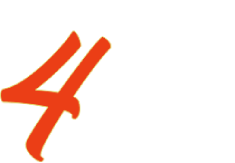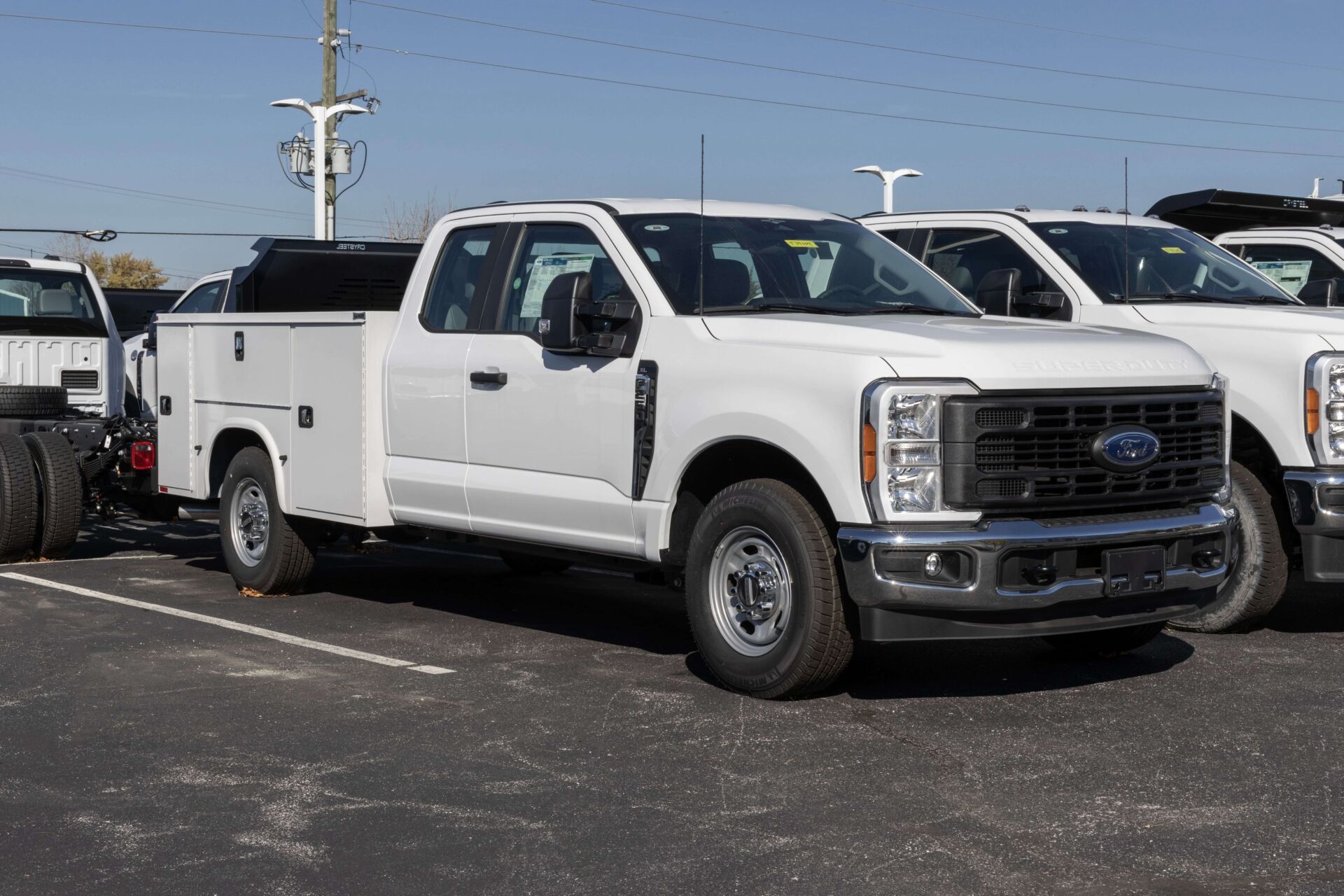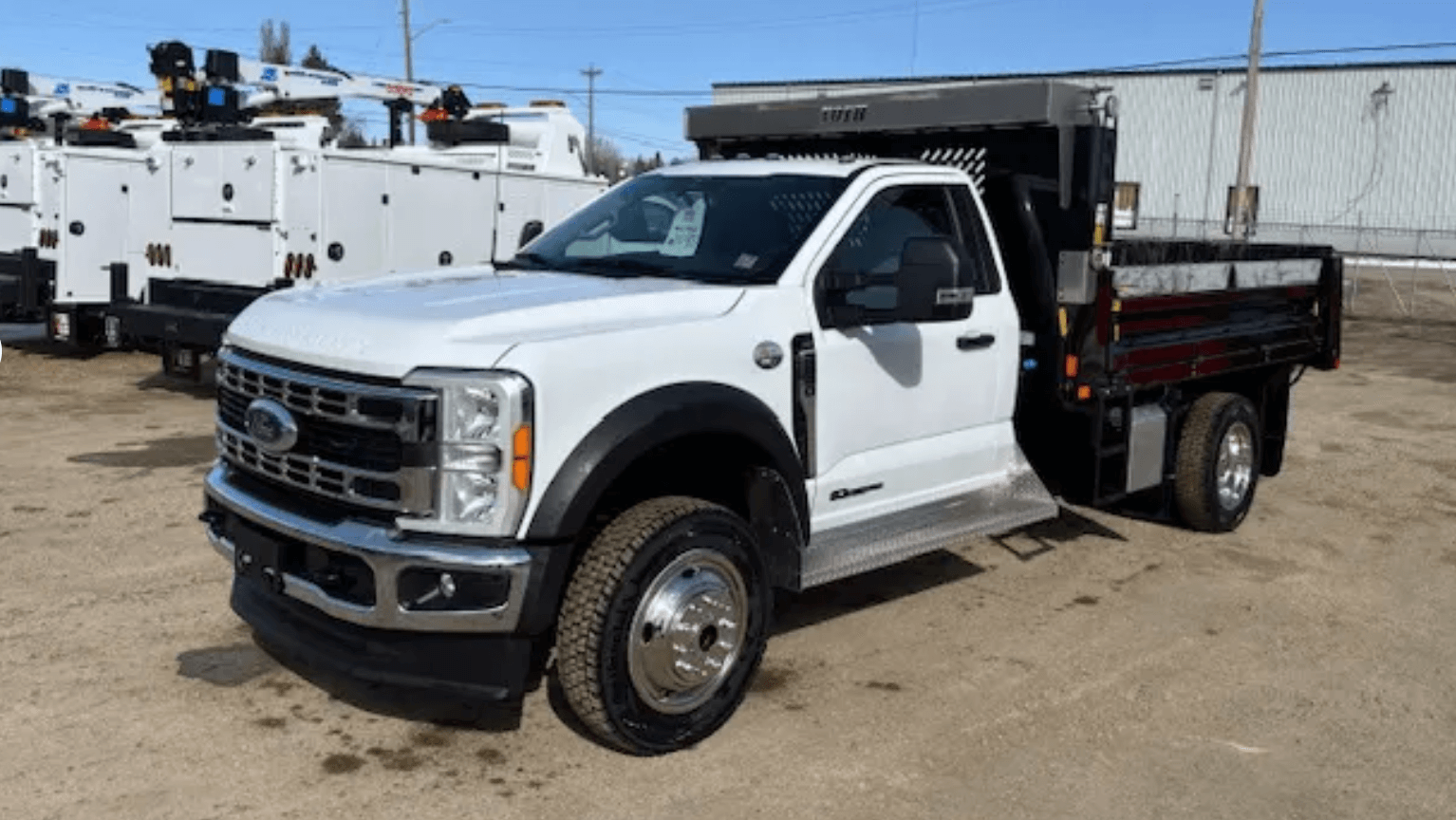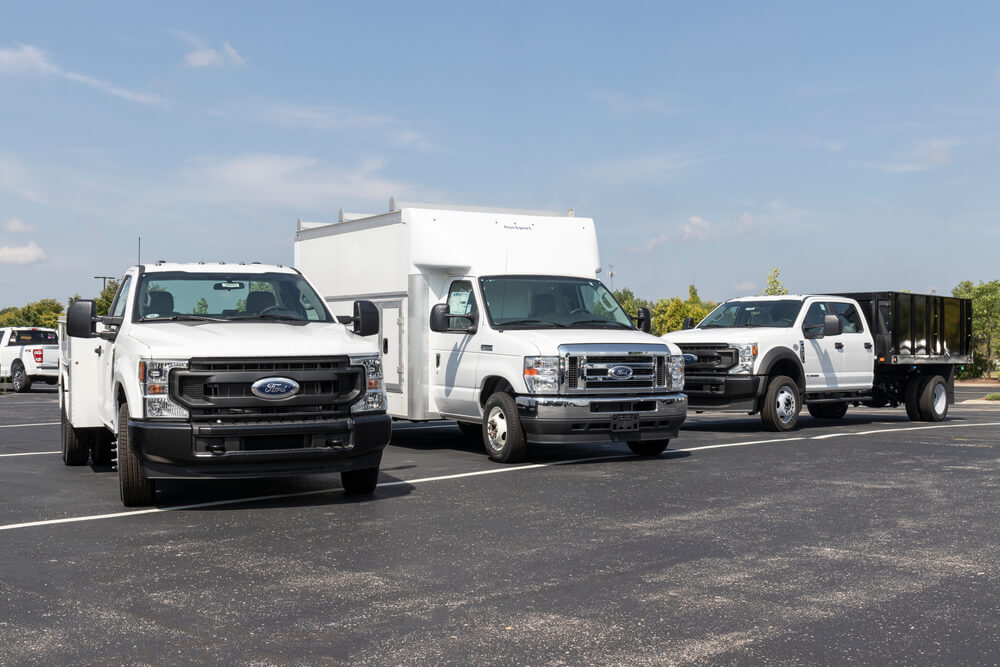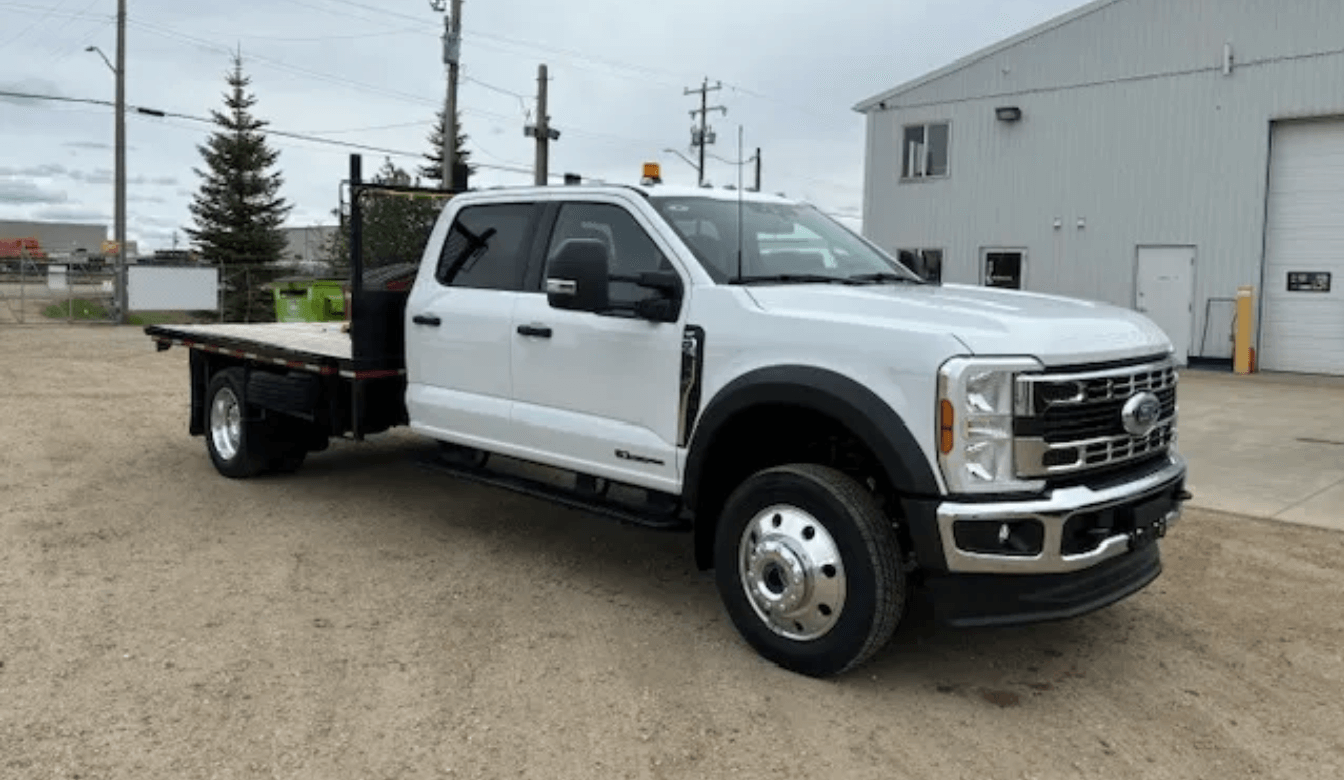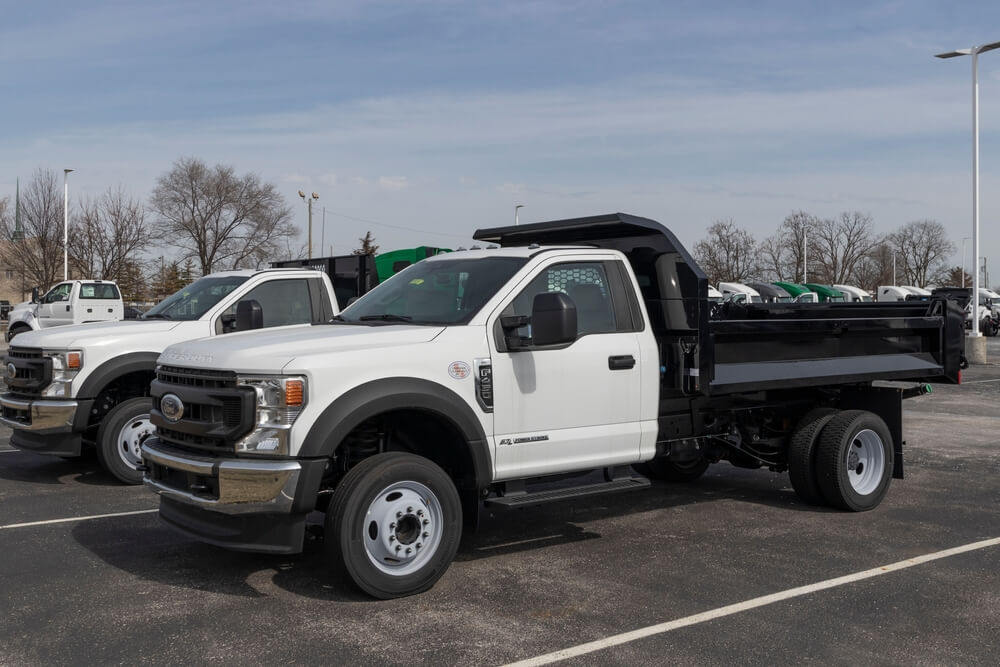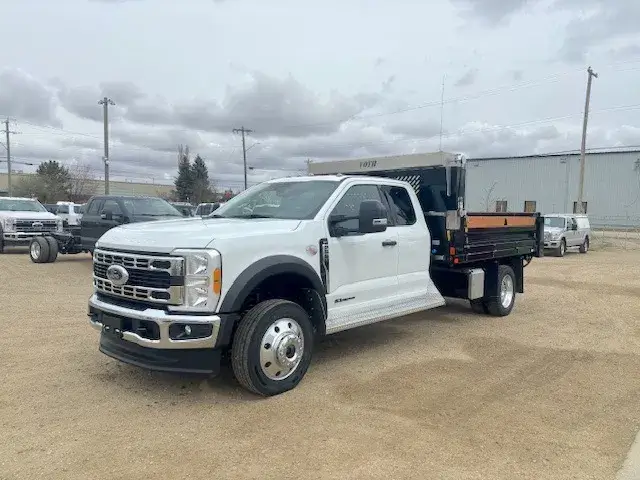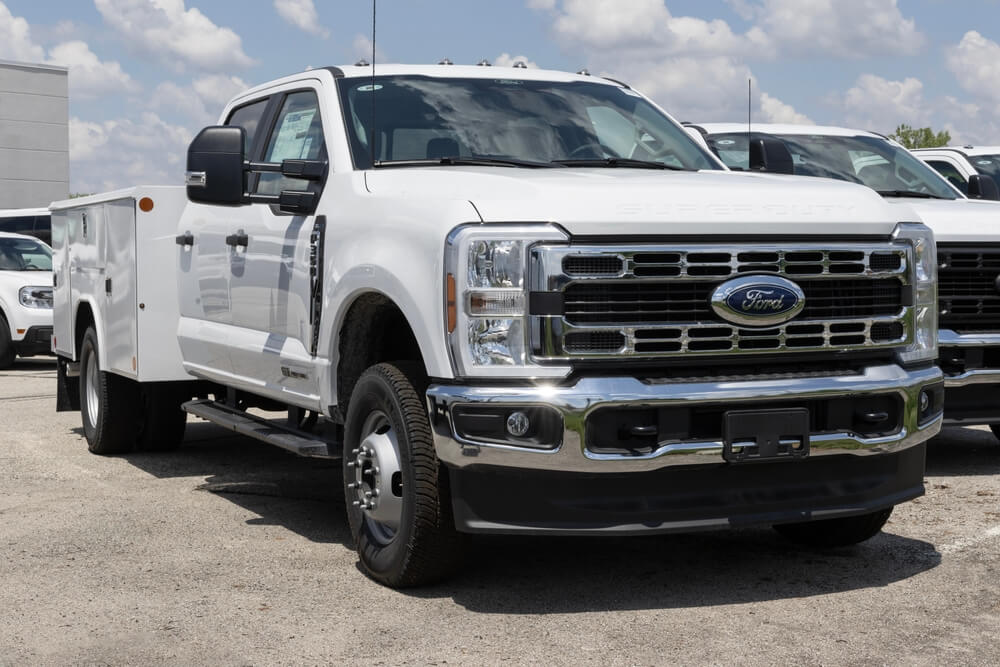Service trucks are the backbone of industries like mining, rail, utilities, and any other heavy-duty work. But when you’re shopping for mechanics’ service trucks, it’s easy to fall for common misconceptions, particularly when you consider how much you’re investing in the equipment.
At Trucks For Less, we’re committed to providing you with the absolute best value for your money, ensuring your operations remain efficient and productive. That’s why we’re here to bust some common myths about buying a mechanic’s service truck.
Myth #1: All Mechanics Service Trucks Can Handle Longer Booms
While longer booms offer greater reach, they also add significant weight—impacting your overall payload capacity. That means less room for tools, parts, and equipment. A longer boom might sound better on paper, but if it compromises your ability to carry job-critical gear, it could limit productivity.
Myth #2: You Don’t Need to Match the Chassis to the Body Size
Ignoring chassis compatibility is a costly mistake. The body weight and expected payload must align with the chassis’ Gross Vehicle Weight (GVW). Overloading the truck not only risks safety and compliance issues—it can also lead to expensive retrofits down the road. Get the configuration right from the start.
Myth #3: All Manufacturers Use Standardized Specs for Bodies and Cranes
Not all mechanics’ service trucks are created equal. Specs can vary significantly between manufacturers, even if the trucks appear similar at first glance. That’s why it’s essential to work with a supplier that offers a wide selection—and the expertise to help you compare and choose the right unit for your needs.
Myth #4: Replacing an Old Truck with the Same Model Is the Easiest Option
Swapping your existing truck for the same model may seem like a safe choice, but it can be short-sighted. Regulations change, technology advances, and your business needs evolve. A new model properly matched to your current and future requirements—may be a far better investment.
Myth #5: Run a Service Truck Until It Dies to Get the Most Value
Letting a truck run into the ground often backfires. As service trucks age, maintenance costs rise sharply, downtime increases, and reliability suffers. A smarter strategy is to replace units on a planned schedule. Regular turnover can reduce overall operating costs and keep your fleet more productive.
Myth #6: Smaller Trucks Always Mean Lower Operating Costs
Smaller trucks might have a lower upfront price tag, but they’re not always the most economical long term. Once you factor in cost-per-mile, load limitations, and wear from being overworked, a larger, better-equipped unit may offer greater value and efficiency over time.
Trucks For Less: Your Source For Quality Vehicles & Honest Advice
At Trucks For Less, we’re here to make sure you get the most out of your investment. That’s why we deliver top-quality products with expert advice. Whether you’re expanding your fleet or replacing an old mechanic’s service truck, we’ve got dependable vehicles at competitive prices.
Contact Trucks For Less, or visit us in Acheson to explore our inventory and drive away with a quality truck you can count on.
